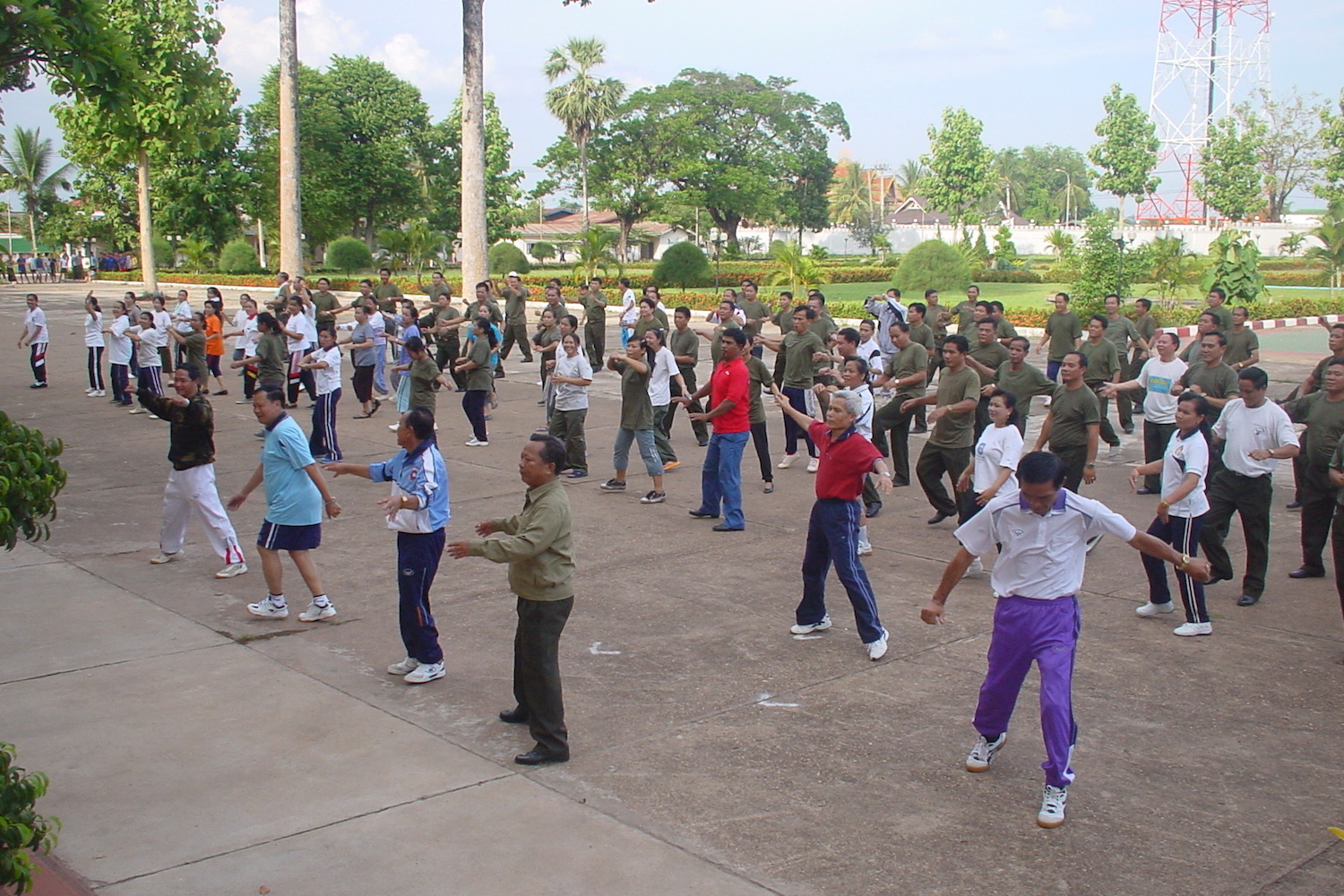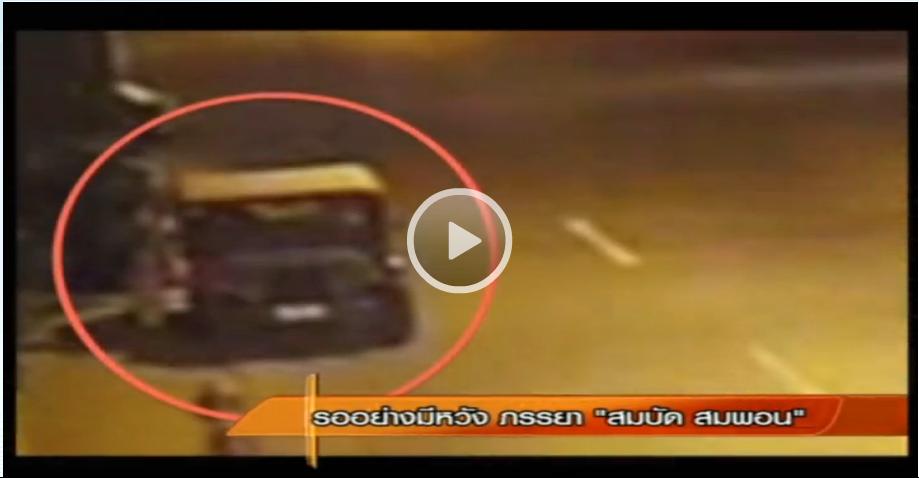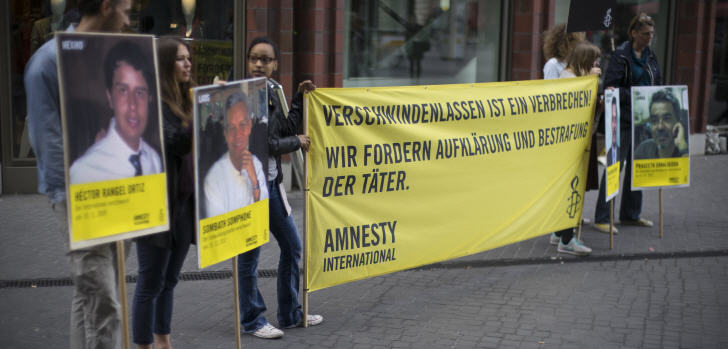 Südwind: 11 November 2014
Südwind: 11 November 2014
Die verschwundene Hoffnung
Vor knapp zwei Jahren verschwand Sombath Somphone in seiner Heimat Laos spurlos. Die Geschichte des Enwicklungspädagogen erzählt viel über Möglichkeiten und Grenzen zivilgesellschaftlichen Engagements in dem kleinen südostasiatischen Land.
N. N.*
Seit 15. Dezember 2012 fehlt von Sombath Somphone jede Spur. Der Winter ist in Vientiane eine willkommene, wenn auch nur kurze Erholung von Hitze und Regen. Zwischen November und Jänner wird es in der Hauptstadt der Demokratischen Volksrepublik Laos für ein paar Wochen angenehm frisch. Der Abend des 15. Dezember ist ein solcher lauer Winterabend. Sombath Somphone – Agrarexperte und Pädagoge – setzt sich in seinen Jeep und macht sich auf den Weg nach Hause. Entlang der Thadeua Road leuchten die neuen Botschaften, Büros, Restaurants und Geschäfte der Stadt in schimmerndem Orange. Sombath kennt Vientiane noch aus ganz anderen Zeiten.
Nach dem Ende des Vietnamkriegs 1975 übernehmen die KommunistInnen die Macht in Laos. In den biederen ersten Jahren ihrer Herrschaft verschwindet die Farbe aus der damals noch verschlafenen Kleinstadt Vientiane. Bunte Kleidung und Make-up sind als Ausdruck westlicher Dekadenz verpönt. Die EinzelhändlerInnen im Stadtkern schließen ihre Läden. Ein Fünftel der Bevölkerung flieht vor wirtschaftlicher Not und politischen Repressionen ins Ausland. Der Mekong wird zum eisernen Vorhang Asiens. Ausgerechnet zu dieser Zeit kehrt Sombath aus den USA in seine Heimat zurück. Er hatte Anfang der 1970er Jahre im damals noch königlichen Laos ein Stipendium zum Studium der Erziehungs- und Agrarwissenschaften an der Universität in Hawaii erhalten. Nach seinem Abschluss hat Sombath gute Aussichten, als politischer Flüchtling in den USA bleiben zu dürfen. Dennoch entscheidet er sich 1978 für die Rückkehr in sein kriegszerstörtes Heimatland. Sombath fühlt sich verpflichtet, sein erlerntes Wissen einzubringen, um beim Wiederaufbau zu helfen, gerade weil die wenigen gebildeten Leute Laos in Strömen verlassen. Sombath schwimmt gegen den Strom. Continue reading “Das symbolhafte Verschwinden von Sombath Somphone”







